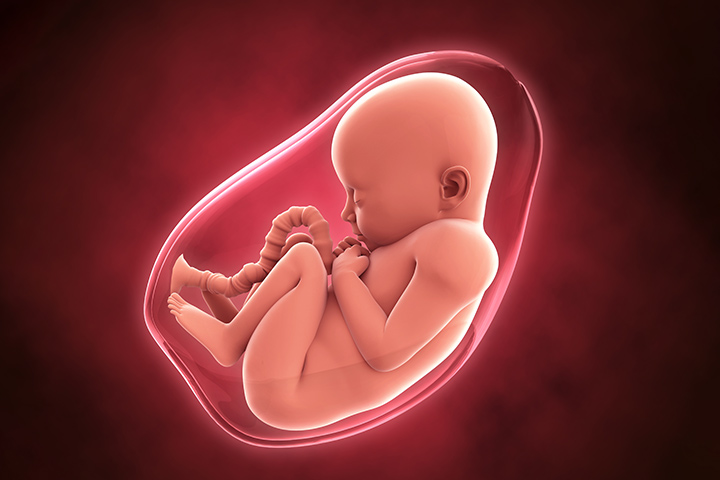
Congenital diseases are estimated to be the cause of death for 240,000 newborns within the first 28 days of life and a further 170,000 deaths of children from the ages of 1 month to 5 years old according to statistics generated by the WHO. Identification of these diseases at an early stage Is therefore vital in giving the best chance to apply the most effective treatment whether that be surgery or pharmaceutical therapeutics.
Scientists have had a difficult time isolating tissue-specific stem cells derived from the foetus due to their limited sample obtainability. Collection of foetal tissue has to be done in regulation with ethico-legal restrictions laid out by the Human tissue act of 2004. The extraction of foetal tissue cannot be done past 22 weeks of pregnancy and is usually carried out a post-mortem. The isolation of foetal stem cells has sparked large ethical debates due to the harm caused to the foetus which usually results in the termination of pregnancy. Despite this, these stem cells are crucial in understanding the late-stage development of the foetus and can aid in discovering the severity of cognitive diseases which has a great potential to save many lives.
However the ethical debate may come to an end, a recent study published by ‘Nature Medicine details a groundbreaking revelation into a new method of foetal stem cell isolation through the use of amniotic fluid, the yellow-tinged liquid surrounding a baby during development with the main role of protection. It was found that these foetal stem cells leak into the amniotic fluid during nutrient and urine turnover. This would mean that the direct extraction of stem cells from the foetus will be eluded. The scientists at the Great Ormond Street Hospital and University College London could isolate progenitor cells within the fluid by a technique called fluorescent activated cell sorting or ‘FACS’ along with a range of other techniques to fine-tune the culturing conditions. The cells grew many variations of organoids such as small intestines, lungs, and kidneys in both the progenitor form and epithelia variations. The organoid development will coincide with the development of the organs in the late stage of pregnancy and hence enable us to study the organs in vitro whilst allowing the foetus to continue development. This in-vitro work will enable real-time organoid models representing the current stage of organ development allowing us to recognise and analyse the signs of congenital diseases such as CDH (the condition in which there is a hole formed within the lungs) and hence allow us to come up with personalised pharmaceutical or surgical treatments to counteract the defect by targeting the transcription and genomic expression of the individuals organoid.
This new research has allowed us to understand late-stage development during pregnancy for the first time past the 22-week threshold. The study showed that those who are developing the CDH condition showed a difference in gene and protein expression and hence altered development compared to the healthy organoids. The production of organoids through the foetal stem cells has allowed treatment reflection determining the effectiveness and efficacy of the current treatments available and has allowed the possibility to test new treatments in a less restricted manner.
Currently, the research carried out has led to developments in CDH, TTTS, and MMC treatment however the research showed that within some conditions, improvement has been limited. LUTO stands for ‘lower urinary tract obstruction’. One way this can be treated is by providing a ready supply of amniotic fluid hence removal of the amniotic fluid for generating organoids for further study may be risky hence fewer samples have been obtainable and so the cause of LUTO is still unknown with lack of definite treatments on the horizon due to a variety of isolated cases of the disease.
Overall, I believe this new research has ultimately paved the way to view the late-stage development processes to a further extent than ever before and is an innovative approach that could lead to the almost complete eradication of a whole range of congenital diseases which has the potential to benefit whole spectra of individuals and their families whilst also bypassing one of the most major ethical science debates.
The link to the original nature science paper is here!
This is a good well written blog, with a good amount of introduction and a deep dive into the novel technologies in tissue-specific fetal stem cells. You did a good job, by combining it with an ethical debate on the topic, however you could try to add more reflection from your perspective point of view, as well as your personal interest in the topic, to score more points for the reflection. For example how does your research on this topic has changed your perspective?